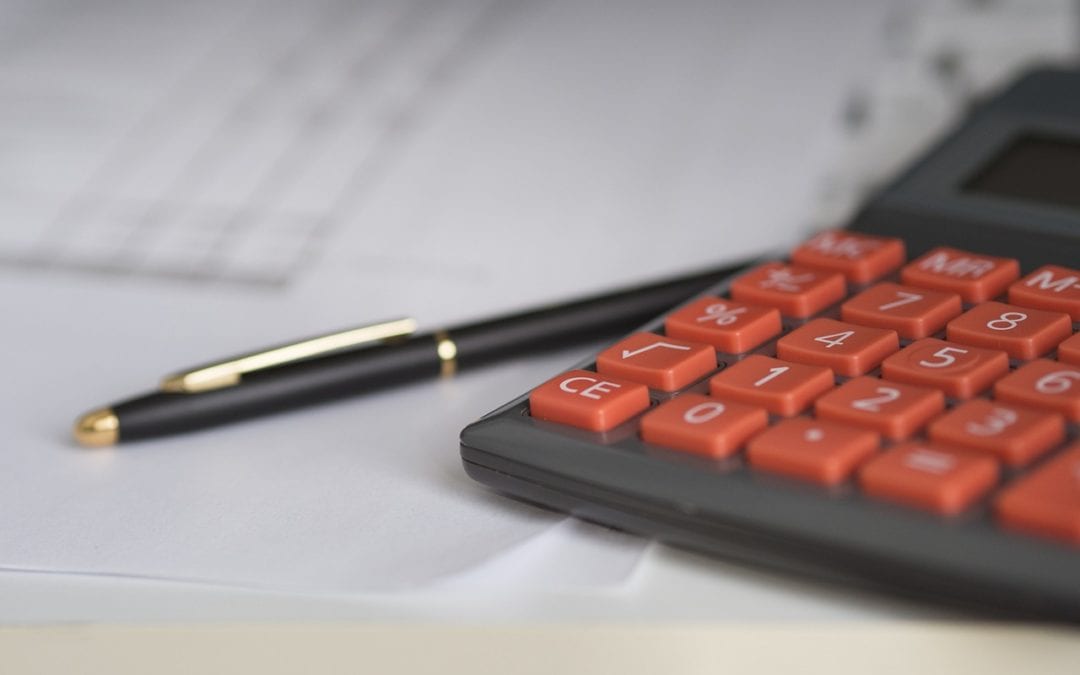Insurance is a bridge that all business owners need to cross at some point. However, there is one type of insurance many are unaware they need, which is product liability insurance. This type of insurance isn’t for business owners themselves, but for their business and the products it produces, sells or uses.
In the unlikely occasion that a product defect causes injury or property damage, product liability insurance protects the policy holder. No situation is perfect, and even when a business has a thorough safety protocol, mistakes or accidents can happen. Product liability insurance can provide coverage for claims caused by incidents such as inadequate instruction or labeling, property or physical damage, and any legal fees that may ensue.
What product liability insurance does for your business
To help illustrate the need for product liability insurance, let’s use furniture manufacturing as an example. A variety of opportunities can arise for a manufacturer to save money, such as replacing current materials for a table with those that are more cost-effective. If a customer or bystander experiences injury caused by the new materials used to build that table, they have cause to sue the manufacturer. Product liability insurance protects the manufacturer and can cover costs for financial damages, medical costs, settlements, and legal fees.
In this example, product liability insurance can protect more than the manufacturer. Various groups within the chain of distribution can also be on the receiving end of a product liability claim, including assembly and installation companies, wholesalers, parts manufacturers, and retailers.
The policy that protects against the unpredictable
The safest bet for protection against unpredictable circumstances for any party involved is to be prepared with product liability insurance. For example, because of “strict liability,” customers can potentially seek compensation for damages caused by a product sold to them without proof that the product was defective; all that is required to validate a case is proof that the product sold to them had a potentially dangerous defect.
One high-profile product liability case is that of Johnson & Johnson. In 2016, the company was ordered to pay more than $1.04 billion in damages to patients who claimed the company hid flaws in its Pinnacle artificial hips. According to a May 2016 filing with the U.S. Securities and Exchange Commission, Johnson & Johnson still faces 8,900 suits over Pinnacle hip failures.
Who benefits from product liability insurance
Manufacturers, retailers, and restaurants are a few examples of businesses that should investigate their need for product liability insurance. Sometimes product liability is included in general liability insurance policies, but it is important for business owners to know what is covered in their policy and what is not. Product liability insurance does not cover employee injury, inventory loss, or recall costs. For recall coverage, product recall insurance is needed.
Protect and prepare your business with help from Observa
A study conducted by The Hartford found that the average product liability claim is $35,000 — not to mention the legal fees, which can skyrocket to more than $100,000. Every year, millions in damages are awarded in U.S. courts, while a monthly premium for a small business can be as little as a couple hundred dollars.
In the unfortunate event of an insurance claim or product recall, Observa can help with your recall by providing location-specific, real-time information on the progress and completion of your efforts. Think of it as recall compliance.
